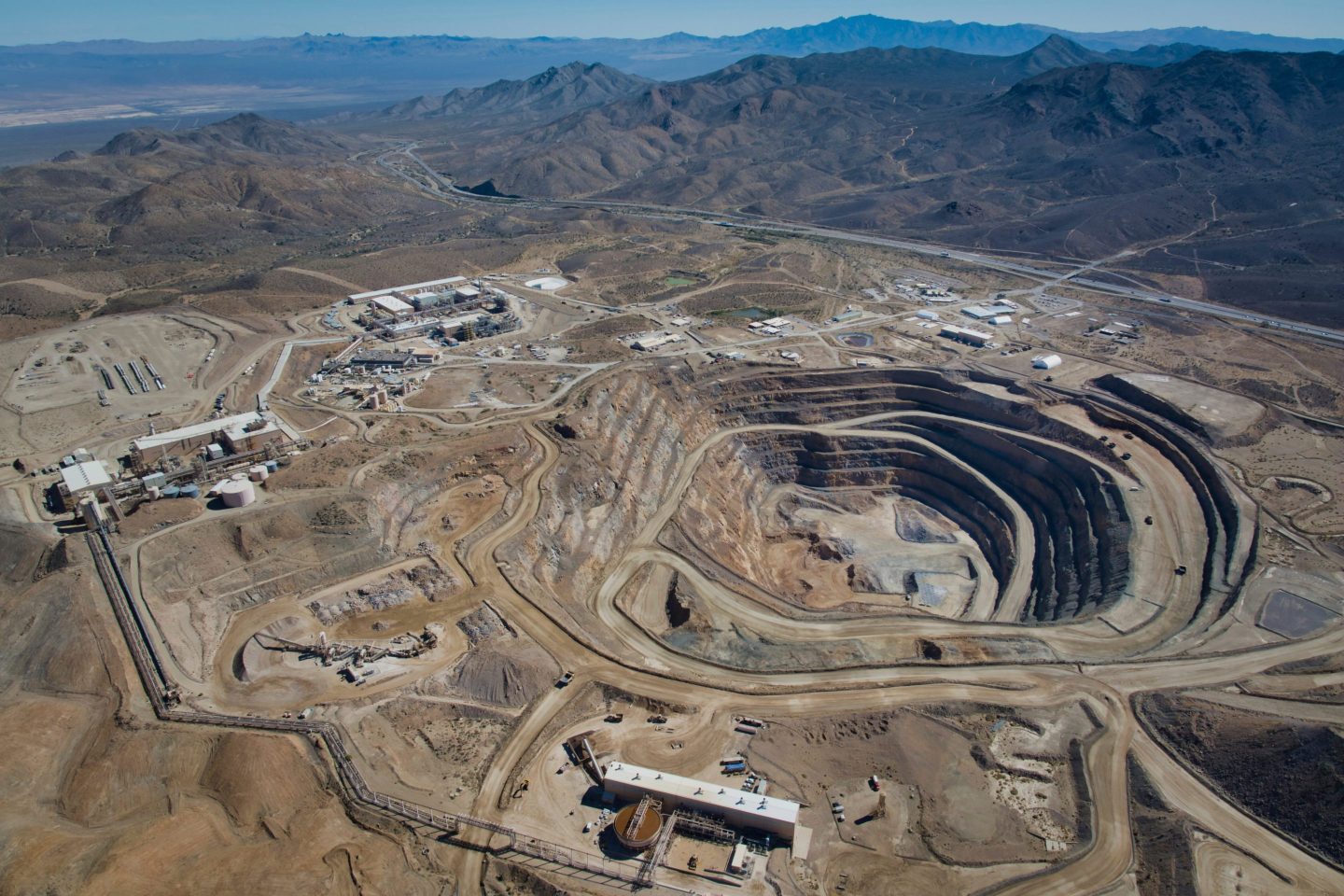In a stock market that lives and dies on central bank stimulus, good news can be very bad indeed.
That’s because as the the job market continues to recover and we approach what the Federal Reserve considers full employment, it makes it less likely that the central bank will continue with its policy of near-zero interest rates.
Meanwhile, an announcement of strong job growth tomorrow will give further evidence that the labor market is tightening, which will likely mean that businesses will have to continue to increase what they pay their workers to stay competitive. This narrative would be corroborated by the latest reading of the employment compensation index, which showed last week that worker pay has been rising faster than at any point since the end of the recession.
Another worrying data point along these same lines is just how well corporations have been doing in squeezing out profits from their operations:
As you can see, corporate profits as a share of GDP are higher than they’ve ever been. While it’s not a given that this figure will revert to the historical mean, it does suggest that corporations are riding about as high as they can. A tightening labor market, and the wage inflation that it will likely bring, is just one obstacle Corporate America faces in its quest for continued profit growth.
At the same time, what’s bad for the stock market could be good for the economy in general. Stagnant wages are a huge problem for the U.S. economy, which is powered by consumer spending. If a stock market correction is a signal that workers are getting a bigger piece of our economic pie, that is likely a positive for the overall economy, even if company valuations take a hit.
In the short run then, a jobs number miss will likely be good for markets. It will bolster the case that the Fed should wait to raise interest rates until next year and perhaps calm fears of wage inflation. But with the recent data showing that the economy may very well have shrunk in the first quarter, a jobs report miss could be a sign that our current economic expansion, which is already the sixth longest in American history, could be running out of steam.
And it’s possible that some companies have already gotten wind of this shift. Indeed, I wrote yesterday about an analysis from Jodi Gunzberg, global head of commodities at S&P Dow Jones Indices, which argues that recent spikes in demand for raw materials suggests that corporations are battening down the hatches and preparing for stormy economic times ahead.












